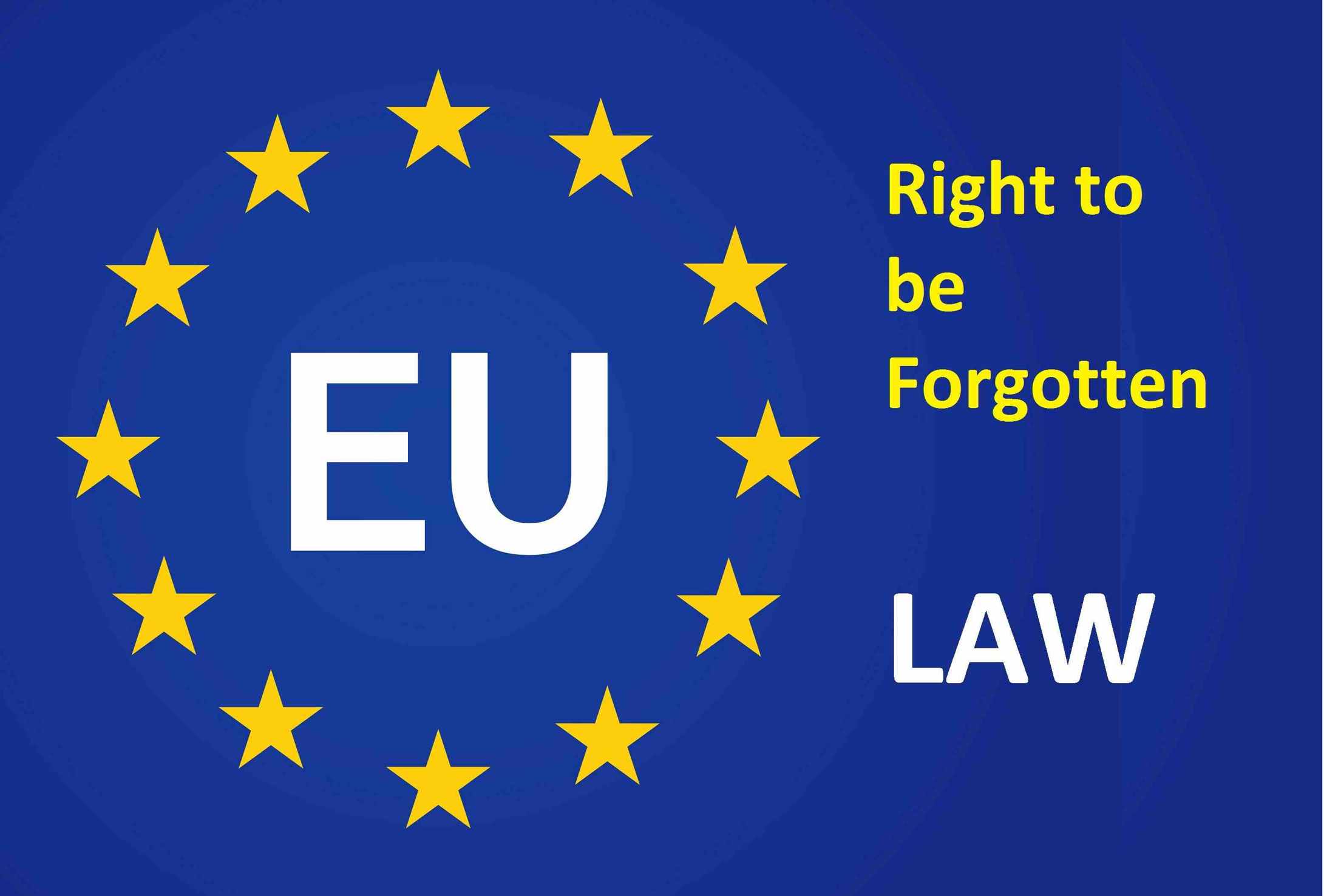Google Makes Significant Change In "Its Right To Be Forgotten" Policy
After a lot of speculations about what might happen, Google has finally decided to make some tweaks to further support the “right to be forgotten†policy. But before the details of the changes, let me just give you brief introduction about what the policy actually was and what was the need of the to-be implemented in changes.
In May 2014, the Court Justice of European Union (CJEU) established a “right to be forgotten†or a “right to delist†policy for the search engines that were used in Europe. According to the policy, the Europeans could ask the search engines to ‘remove’ or ‘delist’ certain links from the search result whenever a person’s name is searched on the search engine. For example, if a European submits a request to remove a particular URL when someone, for instance, searches for a person ‘ABC’ and that request is found valid by the search engine, the URL will be removed for all Google’s domains operating in Europe like google.de, google.fr, google.co.uk, etc.

After the ruling, Google conceded into Europe’s demands and made the provisions to perform the required operations. But there was a workaround here. People could still access the delisted websites from other domains like google.com. Now, in July 2015 a formal notice was filed that ordered google to remove the delisted links not only on its European domain but also globally on every Google domain. However, the request was denied by Google.
And now, Google has finally made it clear what will it do to prevent the workaround. Here is the change that they will implement. To prevent the access of delisted sites from other Google domains, Google will use the geolocation signals like IP addresses to determine if the person accessing the website is in Europe. If it is so, then the search result will be as per the delisting requirements as done under CJEU ruling.
The search results for users outside Europe will be unaffected since their geolocation details won’t point to Europe. Google said that they are changing their approach as a result of specific discussions with the European Union data protection regulators for last several months. What do you think about this step by Google? Please share your views via comments below.
Source: #-Link-Snipped-#
In May 2014, the Court Justice of European Union (CJEU) established a “right to be forgotten†or a “right to delist†policy for the search engines that were used in Europe. According to the policy, the Europeans could ask the search engines to ‘remove’ or ‘delist’ certain links from the search result whenever a person’s name is searched on the search engine. For example, if a European submits a request to remove a particular URL when someone, for instance, searches for a person ‘ABC’ and that request is found valid by the search engine, the URL will be removed for all Google’s domains operating in Europe like google.de, google.fr, google.co.uk, etc.

After the ruling, Google conceded into Europe’s demands and made the provisions to perform the required operations. But there was a workaround here. People could still access the delisted websites from other domains like google.com. Now, in July 2015 a formal notice was filed that ordered google to remove the delisted links not only on its European domain but also globally on every Google domain. However, the request was denied by Google.
And now, Google has finally made it clear what will it do to prevent the workaround. Here is the change that they will implement. To prevent the access of delisted sites from other Google domains, Google will use the geolocation signals like IP addresses to determine if the person accessing the website is in Europe. If it is so, then the search result will be as per the delisting requirements as done under CJEU ruling.
The search results for users outside Europe will be unaffected since their geolocation details won’t point to Europe. Google said that they are changing their approach as a result of specific discussions with the European Union data protection regulators for last several months. What do you think about this step by Google? Please share your views via comments below.
Source: #-Link-Snipped-#
0
